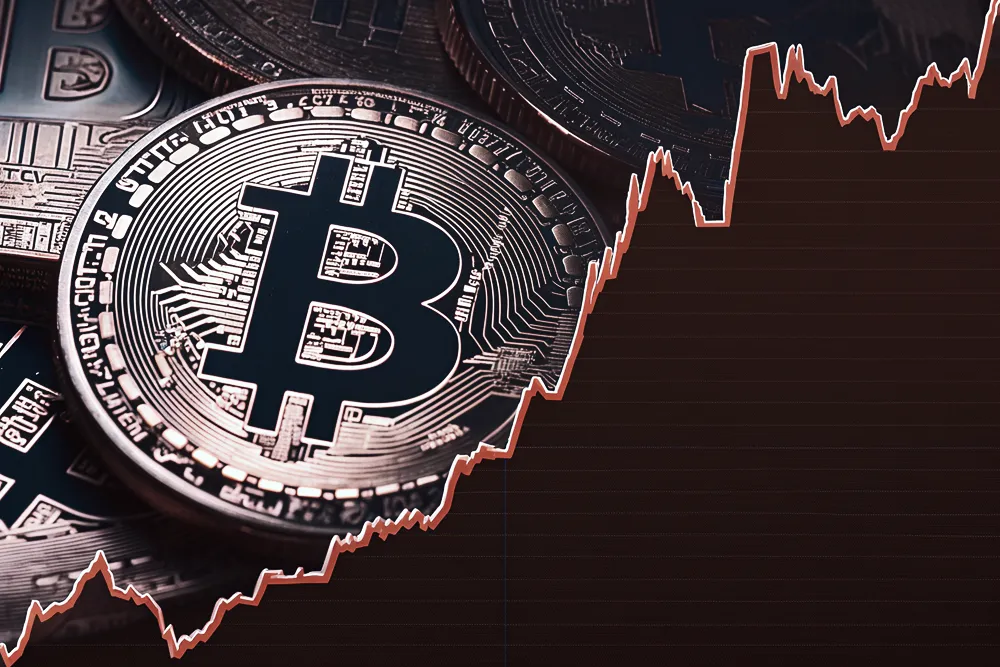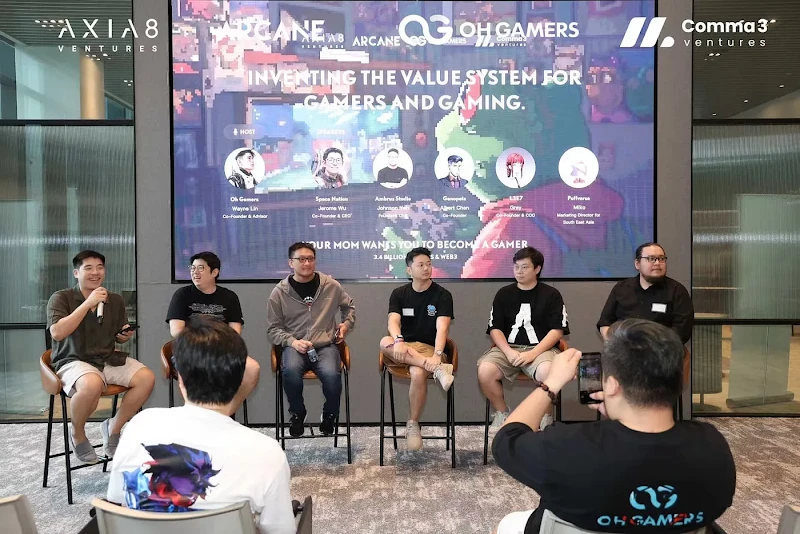
The entire industry is at a critical moment where innovation coexists with uncertainty, and the past "successful models" are being disrupted by the pursuit of sustainable growth.
At our recent events, 【Founders & Investors Talk】 and 【Your Mom Wants You To Become A Gamer】, invited industry leaders gathered to share their insights on the new challenges facing the industry.
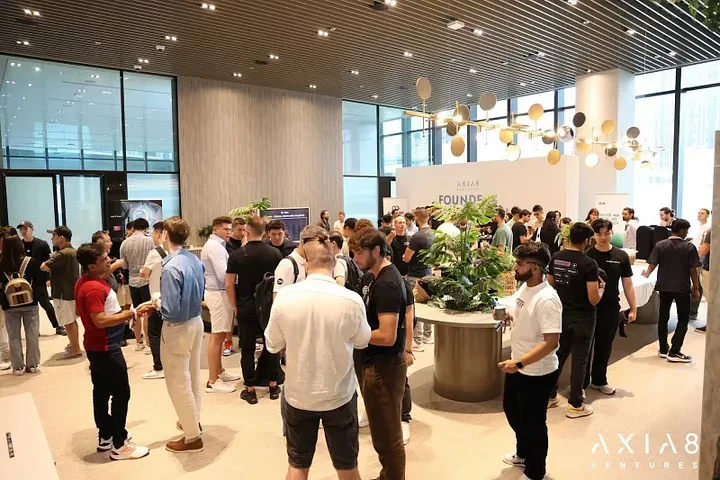
Exploring Infinite Possibilities: Healthy Living x Cryptocurrency
During this event, the fusion of health and crypto became one of the most discussed topics, with the Don't Die summit hosted by Bryan Johnson serving as the starting point and driving force of this trend. Although the combination of these two fields is still in its early stages, the concept of DeSci has sparked increasing discussions, accompanied by a speculative wave in the crypto industry. The Don't Die app, while merely a simple exercise tracking tool with a scoring system, has led many crypto enthusiasts to speculate about the potential for tokens or airdrops in the future.
Walker Chen, founder of dLife, which focuses on human longevity infrastructure, predicts that more decentralized technologies will be applied in non-financial fields in the future, such as biotechnology and healthcare services. He stated, "These projects will not only expand the application scenarios of Web3 but also attract more professionals from various industries to join the blockchain sector. This influx of talent will drive transformation and innovation within the Web3 community itself."
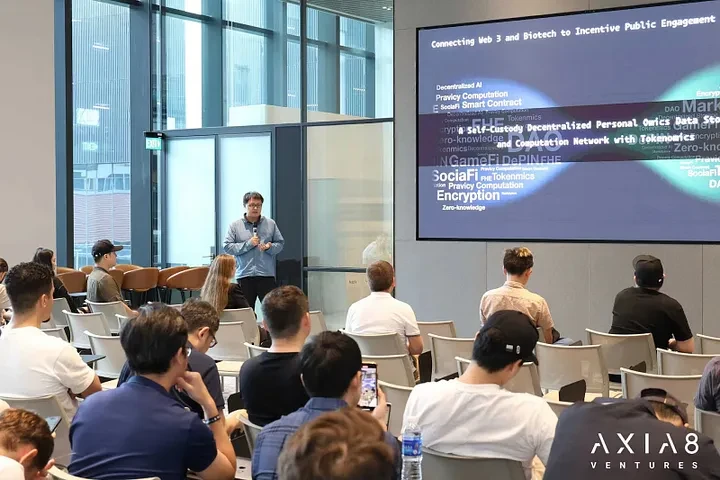
Founders in Confusion: How to Navigate a Stagnant Investment Landscape
A common issue faced by founders and VCs is how to move forward in a situation where investment projects are stagnant. Many are confused about what to build next, leading to increased focus on platforms like Ton and Telegram mini-programs, although many believe these platforms are quickly becoming saturated. Particularly within the ecosystem, Ethereum has shown lackluster performance due to a deficiency in the innovative sparks that once propelled the industry forward.
Interestingly, the founder of Solana maintains a positive attitude, committed to driving the development of its ecosystem through innovative application scenarios and consumer-facing applications. In a landscape where most projects rely on large-scale financing and community enthusiasm but have yet to show substantial progress, Solana stands out. Currently, a trend of "building for the future ecosystem" has emerged, leading industry giants to attract founders with promises, but when it comes to actual delivery, dApps have failed to showcase exciting products or clear application directions.
Web3 is at a critical moment, and founders need to reassess the underlying concepts to create products that genuinely provide value to paying users, rather than merely catering to speculators.
Today, users' patience has worn thin; they seek more tangible value. Founders must have a clear long-term vision and genuinely consider what business they are serving. Users' attention and trust are fleeting; if founders merely follow trends, they will ultimately lose direction and become disoriented.
Justin Wang, founder of Zeus Network, firmly believes that users want to bring the value of Bitcoin to Solana without any permissions. As a developer who has been working in the Solana ecosystem for over three years, he boldly predicts, "We will witness the rise of Bitcoin derivative tokens, and in the future, there may be a dozen new tokens. But only those Bitcoin tokens that are transparent and 1:1 anchored on-chain will attract long-term holders and dormant user wallets, while tokens primarily used for branding will gradually lose their appeal."
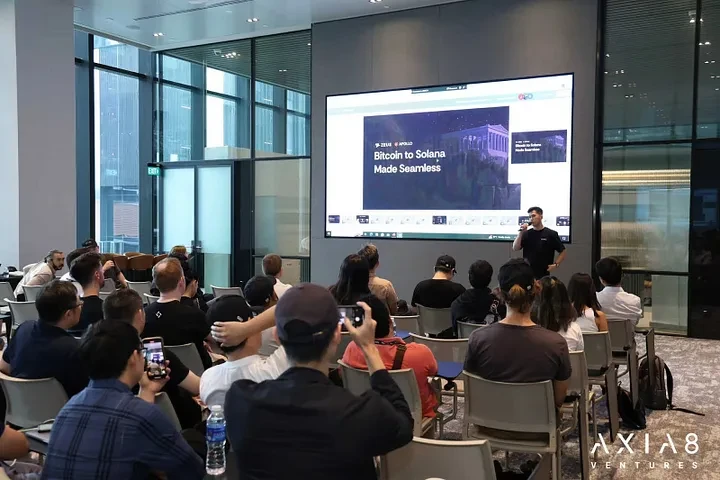
Ryan Chow, co-founder of Solv Protocol, stated, "Bitcoin staking will become an explosive track in this cycle, creating over $100 billion in Bitcoin yield opportunities. As a leader in the Bitcoin staking field, SolvBTC will offer users a variety of staking combinations."
Confusion Built for Binance
Another noteworthy topic is that the industry is increasingly leaning towards building for Binance rather than being user-centric. Projects like Catizen reflect this phenomenon; although it serves as a successful gamified, incentive-based marketing tool, its appeal to centralized exchanges is primarily due to the large number of user registrations it brings. This has led more developers to pursue this path rather than focusing on innovation and driving industry progress. While this approach has its value, it has also left many founders feeling disappointed, confused, and even frustrated. Therefore, the industry urgently needs a fundamental transformation.
The popularity of meme coins and high FDV projects indicates that the market is more focused on quick profits rather than substantial technological breakthroughs. While meme coins do have their innovations in attracting attention, this PVP model inevitably raises questions about sustainability and negatively impacts genuine technological innovation, so we must find a balance.
Tom Tirman, CEO of Reactive Network, predicts, "There will no longer be such large-scale crypto cycles; the next cycle will see a closer correlation between the crypto market and high-risk assets due to widespread adoption by individuals and businesses."

The Contradiction Between Consumers and Revenue
In such an environment, consumers and revenue have become hot topics. However, these concepts create contradictions when combined with the "built for Binance" mindset. Founders are questioning whether VCs are willing to invest in projects focused on real-world applications rather than being attracted by 100x token narratives. Additionally, the current user experience and market conditions raise doubts about whether real users will genuinely accept or convert.
Jerome Wu, CEO of Space Nation, is determined to prove that Web3 games with strong economic systems will shine during bear markets. He pointed out, "I believe everyone is optimistic about the virtual economies in games, thinking they can survive independently without VC and investor funding."
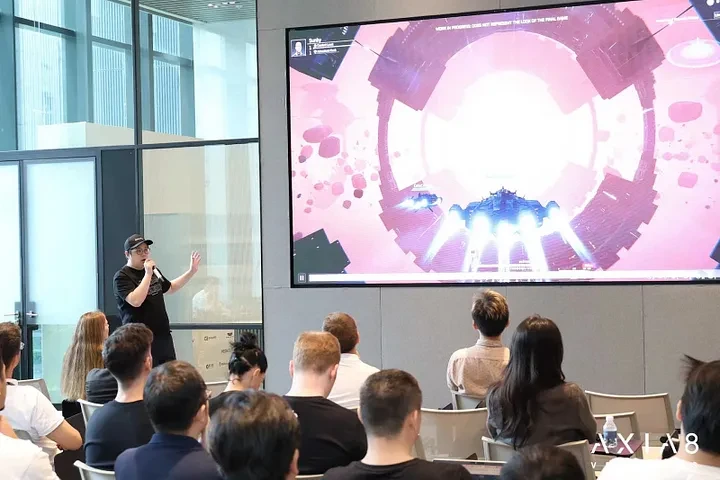
Johnson Yeh, CEO of Ambrus Studio, is also confident about the future development of the gaming industry: "In five years, there will no longer be concepts like Web3 games or GameFi. By then, games will simply be games. Some games will incorporate blockchain or Web3 elements, while others will not. But ultimately, they are all games that people play for entertainment."
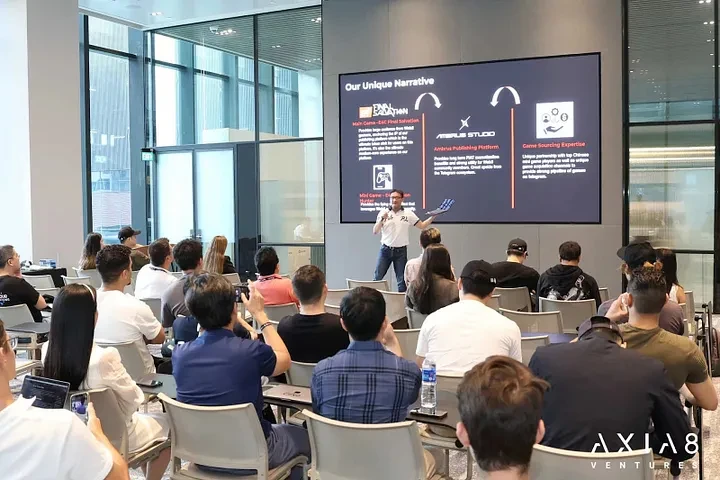
Leaders in the Web3 gaming sector are injecting new vitality into the industry, focusing on creating genuine games aimed at attracting real players, not just those coming for rewards. By establishing authentic gaming economic systems, games like Space Nation and Ambrus Studio's E4C: Final Salvation are based on core principles to draw true gaming enthusiasts into this new realm.
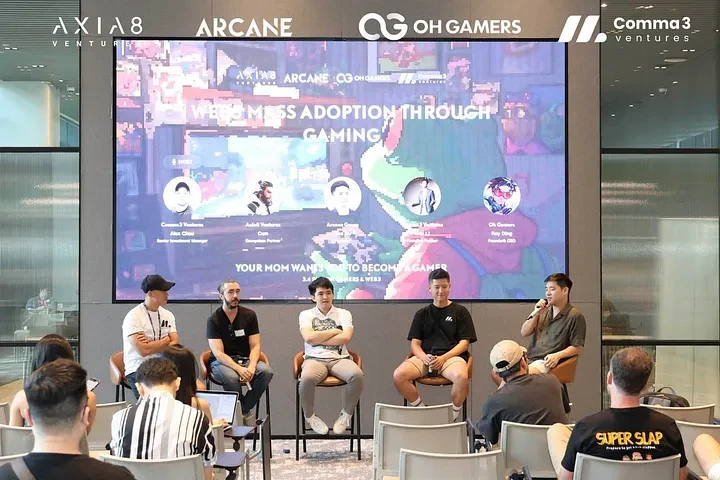
Moreover, the demand for platforms like Oh Gamers is rapidly growing, successfully bringing over 20,000 non-crypto players into the Web3 gaming world. These games not only provide entertainment but also offer players opportunities to earn money, making "playing games to pass the time" more meaningful through community co-creation.
Important Conclusion from Wayne Lin, Founder of Axia8 Ventures
Undoubtedly, we are at a critical moment of transformation. The crypto industry continues to innovate in the issuance and trading of digital assets, gradually achieving open finance. Although we have seen astonishing returns during DeFi Summer and witnessed sky-high valuations of smart contracts, these phenomena also reveal unsustainable development models in the early stages of the industry.
While these opportunities have attracted a large number of retail investors, investors, and founders, they have also led to a loss of motivation, passion, and direction. In the past narrative cycle, seasoned players used their assets to establish new projects, while exchanges focused more on traffic than technology, gradually eroding the trust foundation of the industry.
The root of these issues lies in the distortion of motivation, leading to a loss of trust. Ultimately, the only beneficiaries are exchanges and institutional traders, as they control the "casino" and consume the liquidity of participants.
How did we move from building a "trustless" world to the current crisis of trust?
I am not blaming anyone; the strength of the crypto industry comes from the cohesion of the community. Therefore, we should collectively seek solutions. We should not simply blame exchanges for listing high FDV VC tokens or an excess of meme coins, nor should we fault project teams for abusing points and airdrop mechanisms.
The key is not to find a scapegoat, as every snowflake is part of the avalanche. Our true goal is to find the best way out of this predicament together.
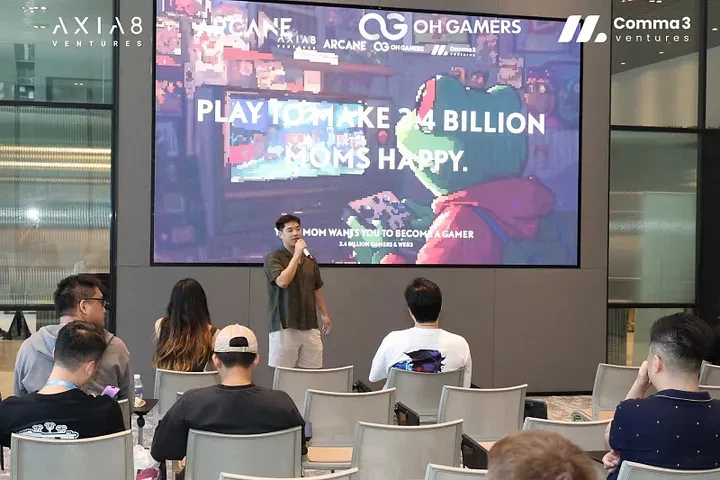
免责声明:本文章仅代表作者个人观点,不代表本平台的立场和观点。本文章仅供信息分享,不构成对任何人的任何投资建议。用户与作者之间的任何争议,与本平台无关。如网页中刊载的文章或图片涉及侵权,请提供相关的权利证明和身份证明发送邮件到support@aicoin.com,本平台相关工作人员将会进行核查。
